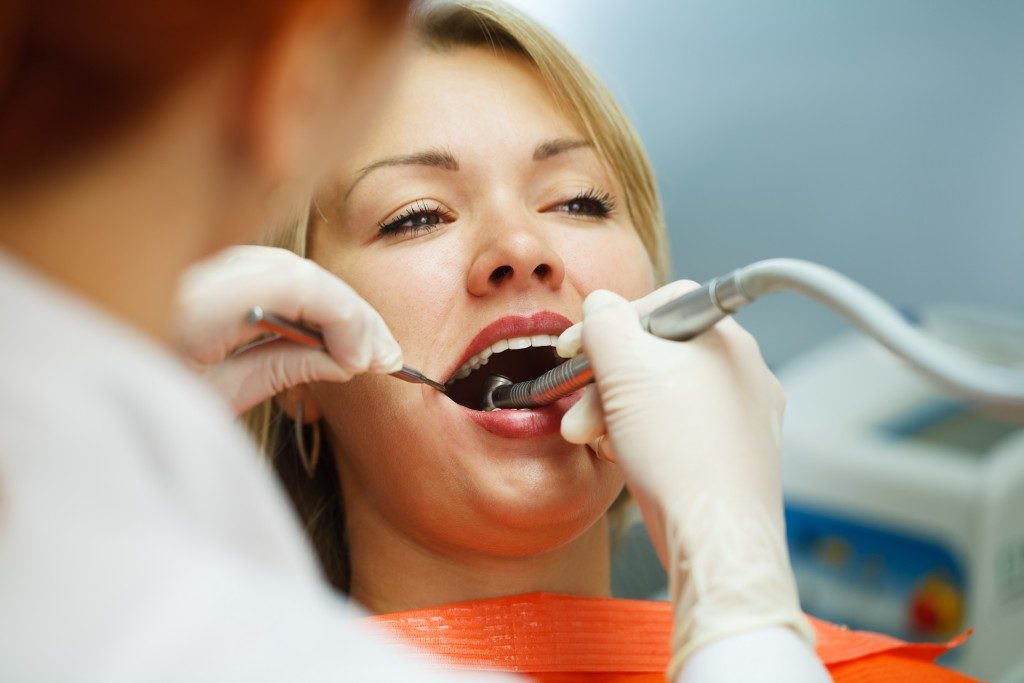Some people assume that they have optimal dental care when they have fresh breath and sparkling white teeth. Even so, dental hygiene and oral health go beyond these elements. It also includes the state of your dental enamel. Most people will, for instance, ignore dental cracks believing they do not have much effect on their oral health. Even so, the cracks open your inner dental layers to issues that eventually cause the loss of your tooth.
The best choice in this eventuality becomes an implant dentist-based in Scottsdale, AZ, to fill the gap left by the tooth. Even so, you can save your tooth from loss by paying attention to even seemingly minor details. One of these is the state of your enamel. Though this is among the hardest substances in your body, dental enamel is at risk of erosion from several preventable elements. Unfortunately, the enamel does not grow back. Here are the common issues that cause dental enamel erosion.
Attrition
This follows anything that continually wears away at your enamel because of friction on the tooth’s surface. The leading cause of dental attrition is tooth clenching and grinding common in bruxism. Thankfully, a dentist might, in this instance, recommend getting a customized mouth guard. This protects the surfaces of your teeth from the effects of attrition. Other than averting enamel erosion, mouth guards for those with bruxism will prevent jaw issues and promote a good night's sleep.
Abrasion
This is the physical wear of your teeth’s surfaces. It happens when you bite down on hard objects like fingernails, pens, and snacks like jawbreakers. Abrasion also follows brushing too hard, using a hard-bristled brush to clean your teeth and chewing of tobacco. Abrasion results in the progressive wearing down of your dental enamel and sometimes small cracks only picked by an x-ray.
Corrosion
This is caused by the wearing down of your dental enamel because of exposure to acids. The most common condition that causes dental erosion is gastrointestinal reflux disease {GERD}. This is characterized by the periodic backwashing of digested food and digestive juices into the mouth. The high acidic content in these will slowly chip your dental enamel. Other than GERD, corrosion also follows the consumption of highly acidic food and drinks, medications like aspirin and vitamin C supplements, and persistent vomiting like that in eating disorders.
Abfraction
This follows the periodic bending of your teeth. It is common in teeth that have been weakened by other issues and milk teeth. It also commonly occurs when you have stress cracks that present a weak spot on your teeth. In this case, the teeth often bend at their points of weakness when biting down on hard foods.
Enamel erosion is, unfortunately, not readily evident more so in its initial stages. Avoiding the above causes of the same might thus be the ideal choice for you. Discoloration, teeth indentations, chips, cracks, and increased tooth sensitivity are among the common symptoms of eroded dental enamel. Treatment of the same includes bonding, veneers, sealants, and crowns that protect the already exposed inner tooth layers.


